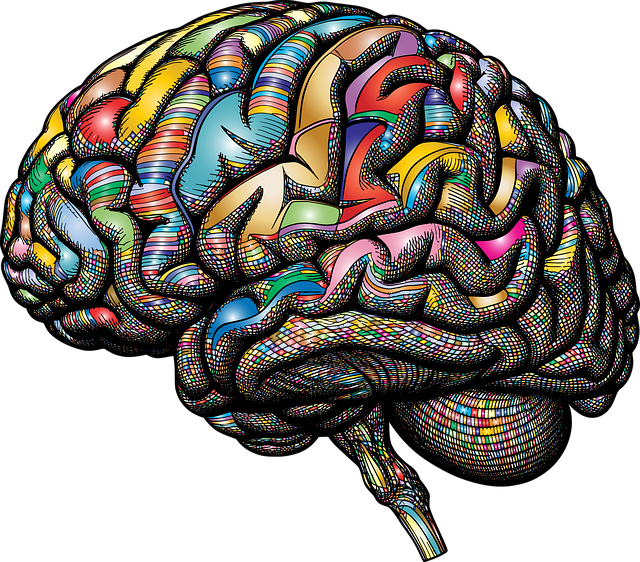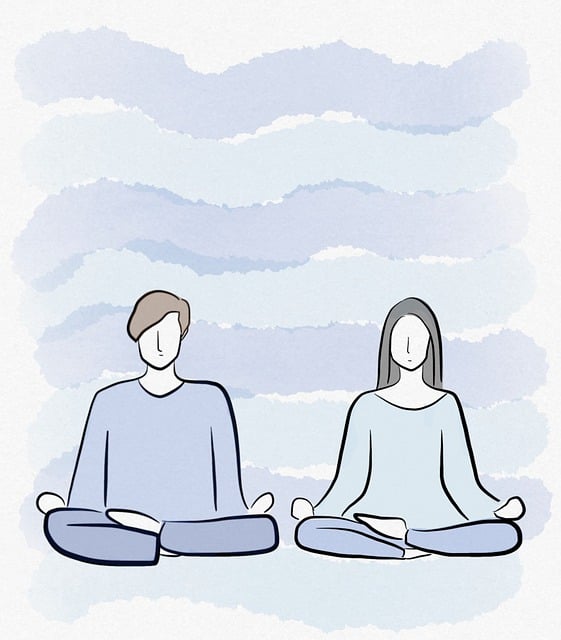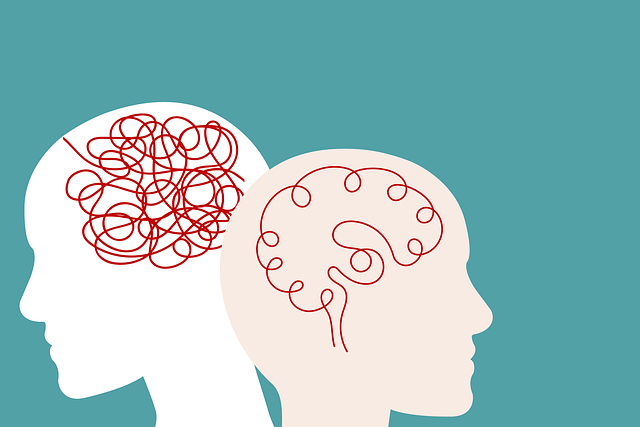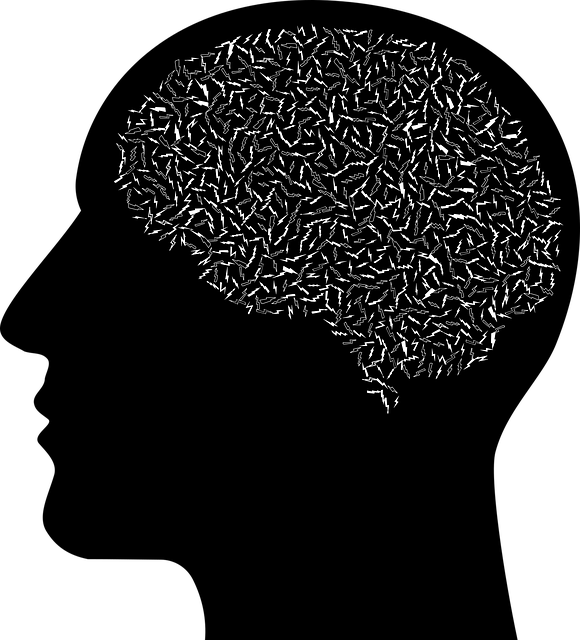Aurora Phobias Therapy offers a comprehensive approach to mental health education, focusing on empowering individuals to manage anxiety disorders and enhance well-being. Through interactive programs combining workshops, podcasts, and group discussions, it teaches self-care, crisis intervention, and stress management techniques. This holistic method creates an inclusive community, fostering open dialogue about mental health experiences while promoting long-term emotional healing and resilience. Continuous evaluation ensures the program's effectiveness, measuring success through KPI tracking and participant feedback to tailor content to evolving needs.
“Uncovering the foundations of mental health education, this article explores a comprehensive program design. With a focus on engaging students, we delve into strategies that combine theoretical knowledge with practical skills. Central to our approach is the integration of innovative Aurora Phobias Therapy techniques, offering unique insights for managing specific fears. Through careful curriculum planning, we create inclusive learning spaces fostering support and understanding. Additionally, we emphasize the importance of evaluation metrics to measure program success, ensuring a dynamic and impactful mental health education experience.”
- Understanding Mental Health Issues: A Comprehensive Overview
- Designing an Engaging and Effective Education Program
- Incorporating Aurora Phobias Therapy Techniques into the Curriculum
- Creating a Supportive Learning Environment
- Evaluating and Measuring the Success of the Program
Understanding Mental Health Issues: A Comprehensive Overview

Understanding mental health issues is a multifaceted endeavor that forms the bedrock of any comprehensive Aurora Phobias Therapy program. It involves recognizing and appreciating the intricate interplay between biological, psychological, and social factors that contribute to both common and rare conditions such as anxiety disorders, depression, and phobias. This holistic approach necessitates an in-depth exploration of various mental health paradigms, from neurobiological mechanisms driving emotional responses to cultural influences shaping perceptions of well-being.
A quality program design should incorporate modules dedicated to educating participants on Self-Care Routine Development for Better Mental Health. It must also equip them with Crisis Intervention Guidance, particularly strategies for recognizing and managing acute episodes. By integrating Depression Prevention techniques and fostering open dialogues about mental health experiences, these programs empower individuals to navigate life’s challenges more effectively, ultimately enhancing overall well-being.
Designing an Engaging and Effective Education Program

Designing an engaging and effective mental health education program requires a nuanced approach that combines educational content with interactive elements. At Aurora Phobias Therapy, we understand that learning about mental wellness should be both informative and captivating. Incorporating diverse strategies such as interactive workshops, guest speakers from various mental health fields, and even production of a Mental Wellness Podcast Series can enhance the participant’s understanding and commitment to their emotional healing processes.
Effective communication strategies are pivotal in fostering an inclusive environment where individuals feel comfortable discussing their experiences. By integrating these techniques throughout the program, we aim to break down barriers and encourage open dialogue. Through dynamic presentations, group discussions, and peer-to-peer sharing, participants can gain valuable insights from different perspectives. This holistic approach not only deepens learning but also fosters a sense of community, a crucial element in supporting long-term mental health goals.
Incorporating Aurora Phobias Therapy Techniques into the Curriculum

Incorporating Aurora Phobias Therapy techniques into a mental health education program is a strategic move to enhance students’ understanding and management of anxiety-related disorders. This therapeutic approach, focused on phobia treatment, offers valuable insights into the complex relationship between emotions, thoughts, and behaviors. By integrating these methods, programs can provide practical tools for students to confront and overcome specific fears, such as those related to heights (acrophobia) or enclosed spaces (claustrophobia). The process involves teaching students the underlying Mind Over Matter principles, empowering them to challenge negative thought patterns associated with their phobias.
A key component of this integration is the Mental Wellness Journaling Exercise Guidance. Students are encouraged to document their experiences, thoughts, and emotions related to their fears, fostering self-awareness and reflection. This journaling practice, combined with therapy techniques, supports the development of effective coping strategies for managing stress and anxiety. Moreover, it allows individuals to track their progress, reinforcing a sense of empowerment as they overcome their phobias. Effective implementation ensures that students gain practical skills in Stress Management, enabling them to navigate challenging situations with resilience and improved mental wellness.
Creating a Supportive Learning Environment

In designing an effective mental health education program, establishing a supportive learning environment is paramount. This involves creating a safe and inclusive space where individuals feel comfortable sharing their experiences, fears, and struggles openly. At Aurora Phobias Therapy, we recognize that addressing mental wellness issues requires more than just theoretical knowledge; it necessitates a warm, non-judgmental atmosphere where participants can freely express themselves. Incorporating interactive activities, group discussions, and client-centered approaches helps foster this environment, encouraging active engagement and empathy among peers.
The Mental Wellness Podcast Series Production and Emotional Well-being Promotion Techniques can play a significant role in setting the tone for such an environment. By leveraging multimedia resources, educators can enhance learning experiences, making complex topics more accessible and relatable. Through these tools, individuals can connect with their own mental health journeys and those of others, fostering understanding and empathy—essential components in nurturing a supportive learning community.
Evaluating and Measuring the Success of the Program

Evaluating the success of a mental health education program is crucial to ensure its effectiveness and make informed improvements. This process involves setting clear goals and objectives aligned with the program’s purpose, be it reducing anxiety, improving social interactions, or promoting overall mental wellness. Key performance indicators (KPIs) such as participant satisfaction, knowledge retention, and behavioral changes should be measured through various methods like surveys, interviews, and practical assessments. For instance, in an Aurora Phobias Therapy program, the success could be gauged by the number of participants who show significant reduction in phobic symptoms post-therapy compared to baseline measurements.
Additionally, tracking long-term outcomes and participant feedback can provide valuable insights into the program’s longevity and impact on daily lives. This feedback loop allows for continuous improvement, ensuring that programs like Stress Management Workshops Organization, Social Skills Training, and Mental Wellness Coaching Programs Development remain relevant, beneficial, and tailored to the evolving needs of the participants.
Mental health education programs play a pivotal role in fostering awareness and providing support. By integrating comprehensive knowledge, engaging designs, and innovative techniques like Aurora Phobias Therapy, we can create impactful learning environments. This approach ensures that individuals gain valuable insights into mental health while developing coping strategies. A supportive curriculum, combined with effective evaluation methods, allows for continuous improvement, making these programs a powerful tool in addressing the growing need for mental well-being education.









